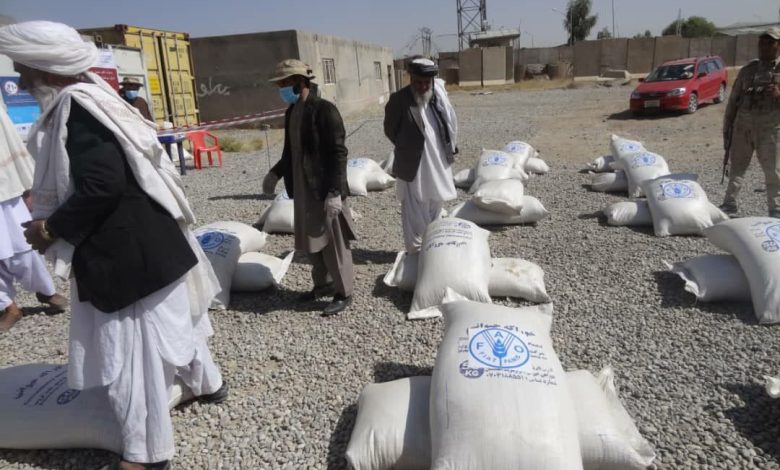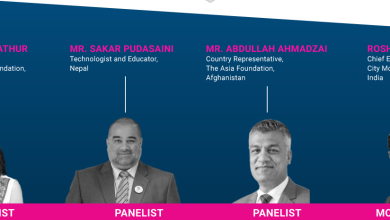
FAO’s Response to Reduce Risk of Covid 19 Pandemic on Rural Livelihoods
This year has been very unusual where almost the entire global population is in the midst of an economic crisis caused by an infectious disease of which world had not seen for many years. The COVID-19 pandemic has presented the world and Afghanistan with an enormous challenge. It has shocked economies and it has affected most seriously the poorest. According to the Food Security Cluster (members of which include the Government of Afghanistan and specialized UN agencies) findings, between November 2020 and March 2021, around 13.15 million people in Afghanistan are estimated to likely experience severe acute food insecurity.
Covid 19 is one of the key drivers for the increased food insecurity and poverty in the country endangering livelihoods of the vulnerable farmers and herders in country.
In order to mitigate Covid-19 impact on vulnerable farmers and Kuchi communities in Afghanistan, FAO took urgent measures not only to address this humanitarian crisis relating to the need for food but also the need for agriculture inputs, animal concentrated feed for Kuchis and other relevant interventions.
FAO’s COVID-19 Response and Recovery Programme in Afghanistan is fully aligned with the UN approach of ‘building back better’ and it aims at reversing the negative impact that is occurring on the achievement of the Sustainable Development Goals.
FAO is targeting to support 1.6 million people with its Covid-19 response. FAO is assisting vulnerable households (HHs) in Afghanistan with emergency livestock protection packages, emergency agriculture packages and cash (unconditional and cash for work) in addition to home gardening packages that include eight types of vegetable seeds, home gardening kits and vegetable solar dryers.
In order to provide timely livelihood emergency assistance, FAO in Afghanistan procured and distributed 790 MT concentrated animal feed and dewormers, 7 215 MT of wheat seed, urea and DAP fertilizers, distributed USD 866 900 to the most vulnerable farmers and female headed households in form of cash, and 519 Kg (eight-types) of vegetable seeds and 10 338 packages of home gardening kits and vegetable solar dryers.
In addition, all the above beneficiaries and more than 100 000 people including market stakeholders are receiving sensitization training on Covid-19 preventive measures.
Ilhom Muhomediev
Procurement Officer
FAO Afghanistan

